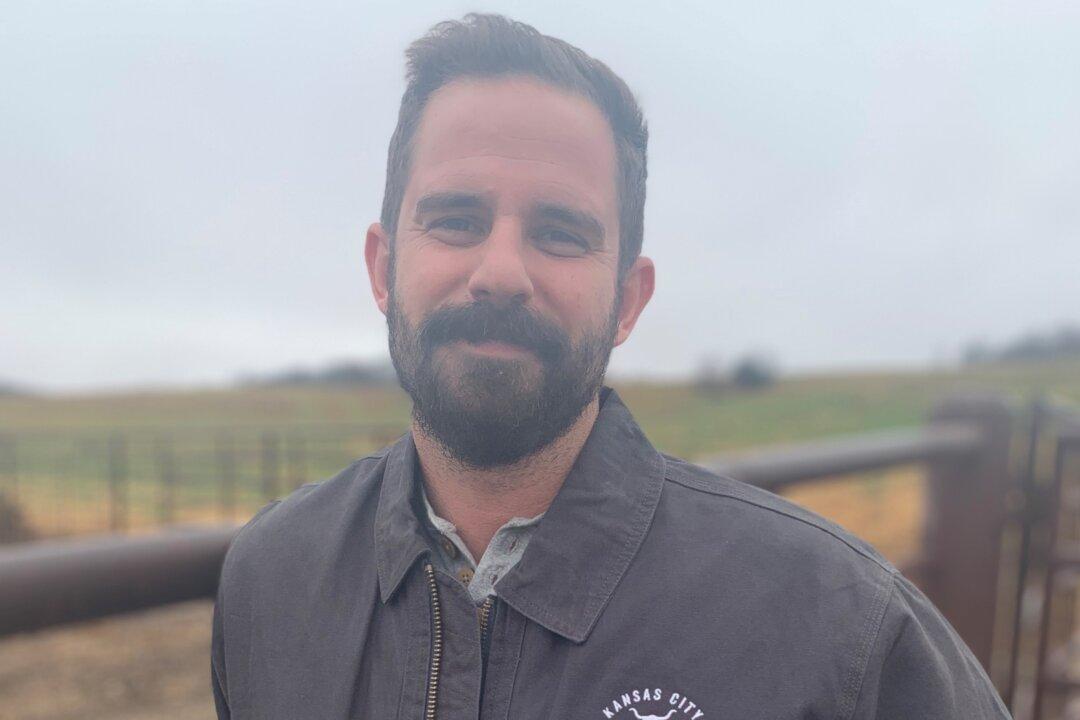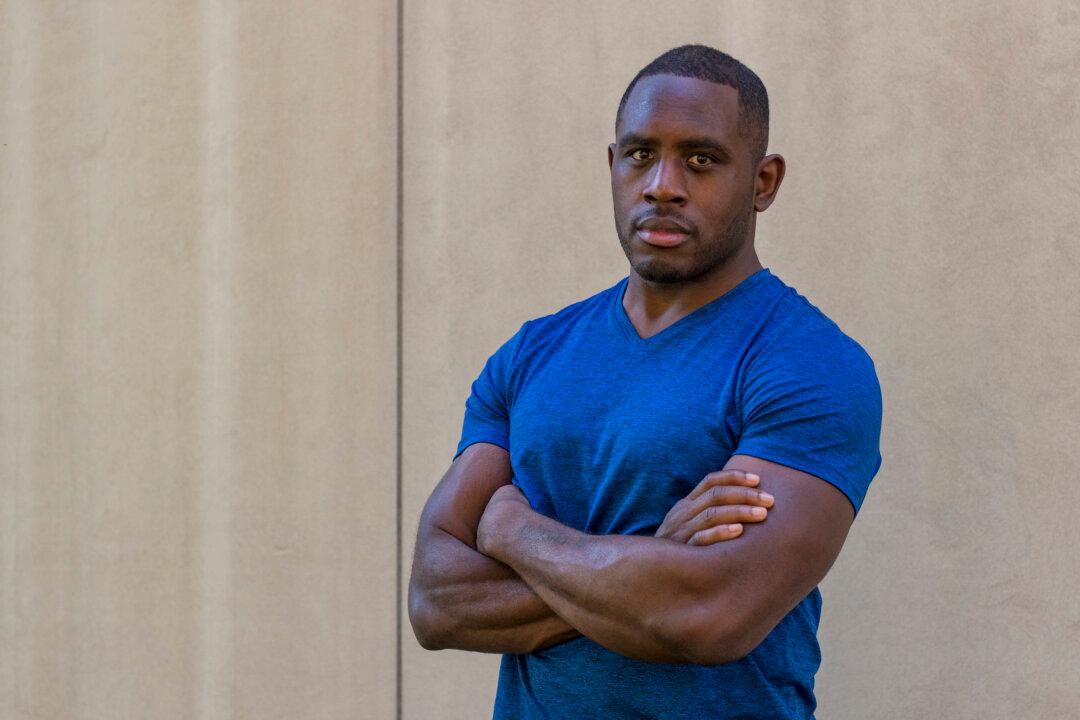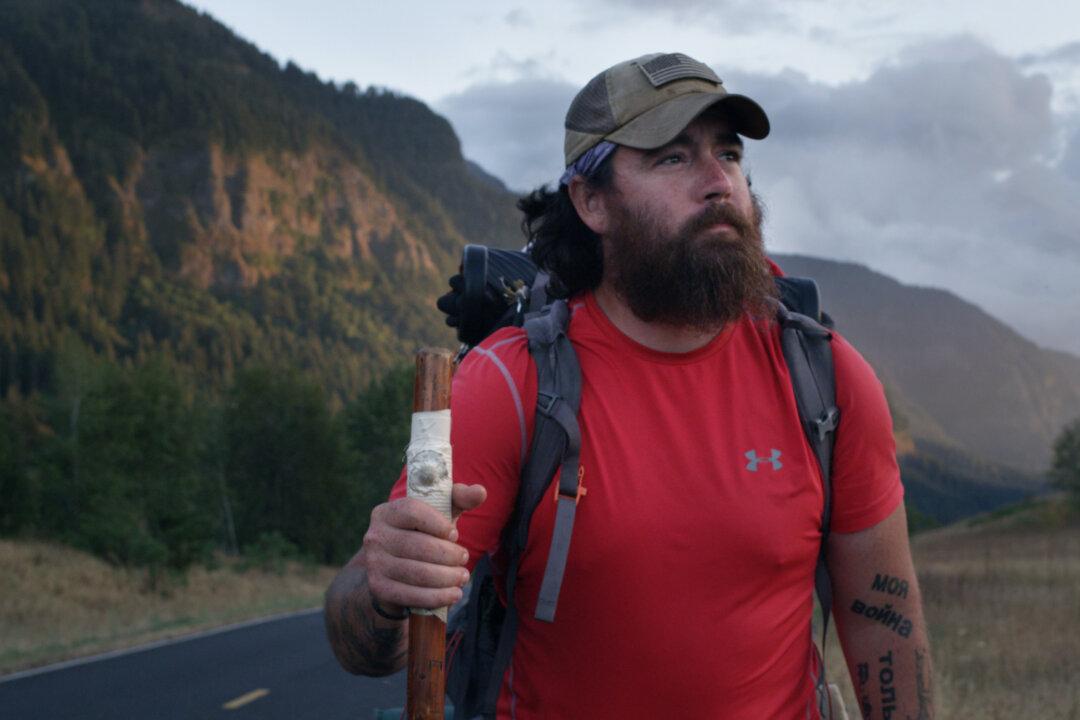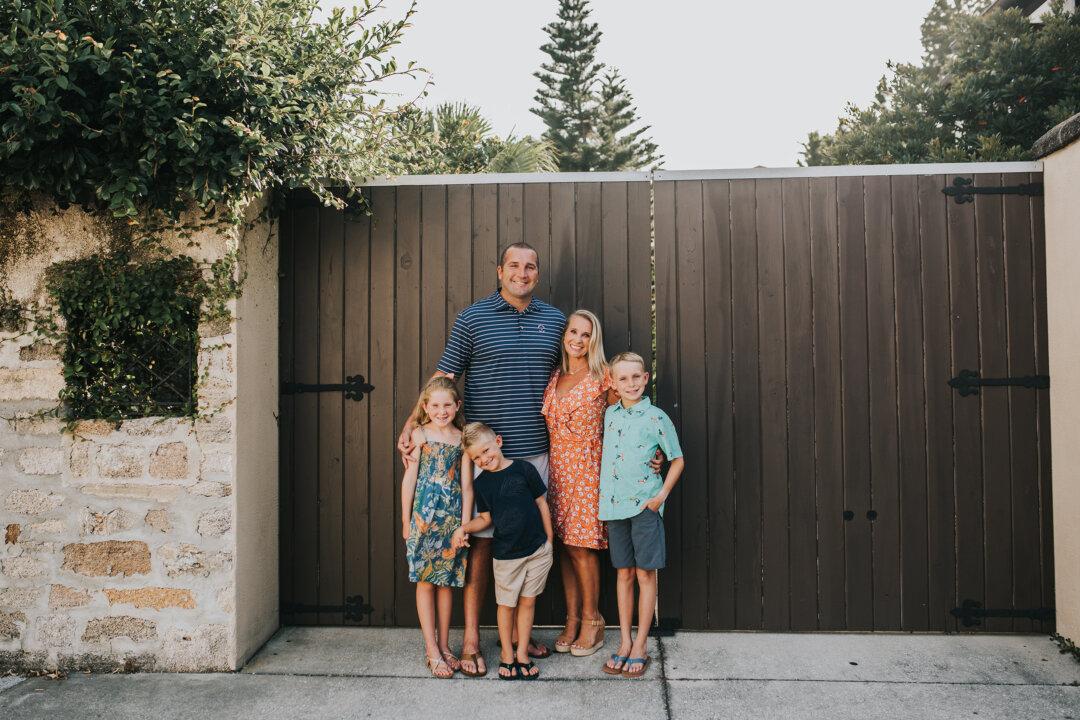Patrick Montgomery served honorably as an Army Ranger in Afghanistan and endured his share of loss and trauma during his military career. As he tried to transition to the civilian world, he encountered a hiring manager who told him that his status as a veteran would hurt, rather than help, him find employment.
Fortunately, Montgomery didn’t lose heart. He stuck to the unit’s motto—“Rangers lead the way!”—and blazed his own path, finding his new calling on greener pastures.






